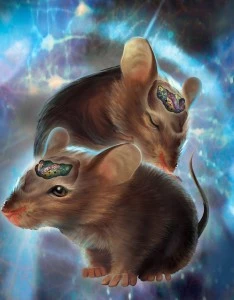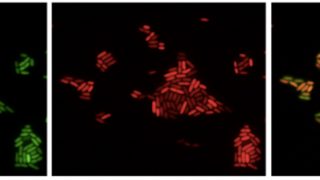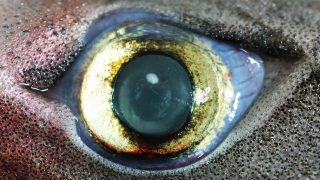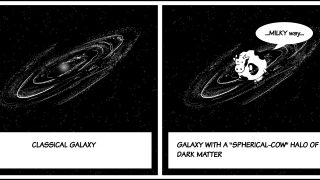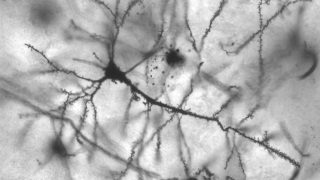
MI weekly selection #89
Humanities & Social Sciences • Science • Technology • Weekly Selection
Ancient star holds evidence of one of its earliest ancestors Traces of one of the universe’s first stars may have been found in the chemical signature of another ancient star that gobbled up material from the earlier star’s supernova. SDS J0018-0939, a star found in the halo around the Milky Way about 1,000 light-years from […]



